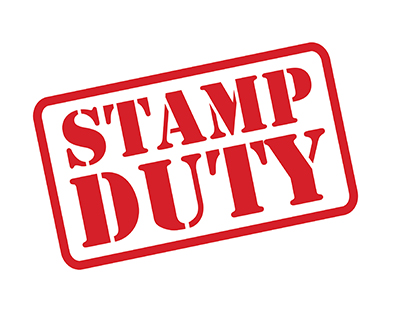
Figures just released from HM Revenue & Customs show just how much stamp duty buyers pay, at least before the current holiday exemption.
For transactions in the year to April 2020 - so including a little of the spring lockdown period, but none of the current SDLT holiday - residential stamp duty land tax receipts across England rose by one per cent to £8,420m.
This was a one per cent rise in revenue over the same period a year earlier, despite there being a one per cent fall in transaction numbers - 1,023,000 in the year to April 2020 compared with 1,036,000 the year before.
Homes that sold for less than £250,000, accounted for 10 per cent of residential property receipts and 57 per cent of residential transactions.
First-time buyers purchasing properties under £300,000 do not have to pay stamp duty but will pay five per cent on any portion between £300,001 and £500,000.
This first time buyer exemption - introduced back in 2016 - saved FTBs an estimated £541m in the year to April 2020.
Some 222,700 transactions had first time buyers’ relief in the period under review, an increase on the year before at 218,900.
Jackson-Stops chairman Nick Leeming says this is a historic picture now the Coronavirus has led to a market closure for some weeks and has prompted a much wider exemption for the duration of the SDLT holiday, which ends next March.
“There’s no denying the stamp duty holiday has had its desired effect on the market. On the ground, we’ve seen a notable uptick in activity across every branch, with sales agreed last month amongst the highest on record across the Jackson-Stops network.
“The knock-on effect an active property market has on the wider economy is hugely significant, particularly at a time when businesses need people to spend.
“Yet, with latest data from Zoopla showing that 140,000 more buyers are presently waiting to complete their property transactions compared to this time last year, this stampede of activity is now resulting in delays from mortgage advisors, with lenders and conveyancers coming under immense pressure.
“With a no-deal Brexit on the cards and both the stamp duty holiday and the current Help to Buy scheme soon coming to a close, there needs to be urgent measures put in place to prevent another cliff edge.
“Further support is needed from government to avoid a chaotic and abrupt halt in activity at the beginning of next year and keep the market moving at a time when the economy needs it the most.”












.png)


.png)




Join the conversation
Be the first to comment (please use the comment box below)
Please login to comment